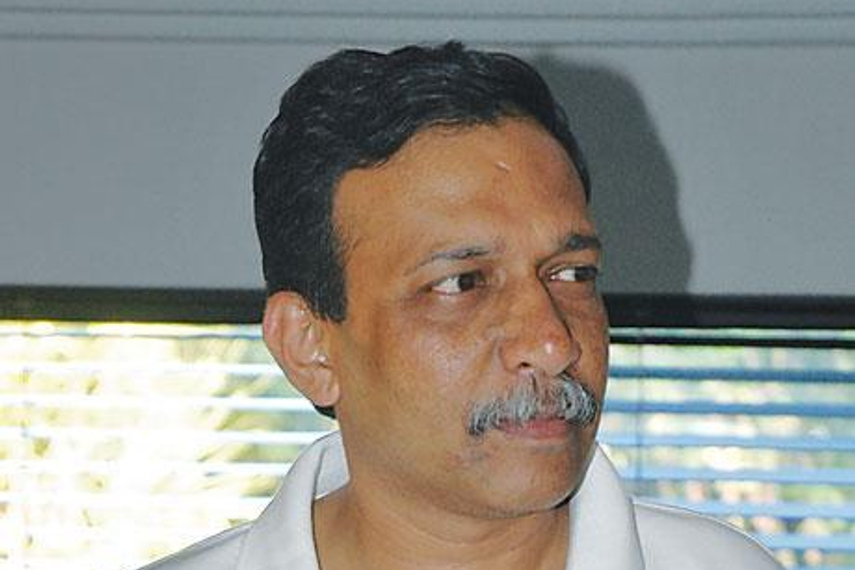
Please sign in or register
Existing users sign in here
Having trouble signing in?
Contact Customer Support at
[email protected]
or call+91 22 69489600
Allow the news to ‘breathe’

Contact Customer Support at
[email protected]
or call+91 22 69489600
Top news, insights and analysis every weekday
Sign up for Campaign Bulletins
AI’s promise in advertising is clear. But with a high failure rate, agencies must move beyond experimentation to strategic integration of AI and human creativity to avoid wasted resources.
Pantone has selected a shade of white for its Colour of the Year for the first time since the programme launched in 1999.
LLMs today need to speak a variety of languages, not just English with an accent.
Employees are still looking for clarity around new policies regarding return-to-office, severance and more.